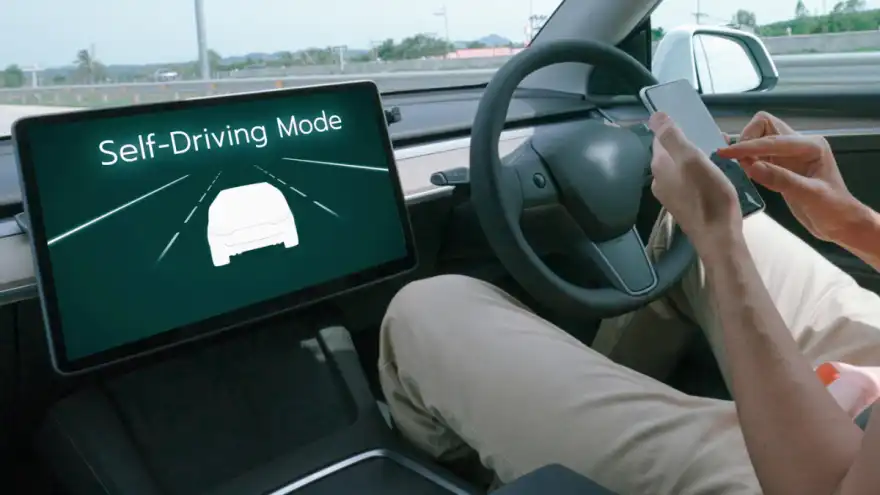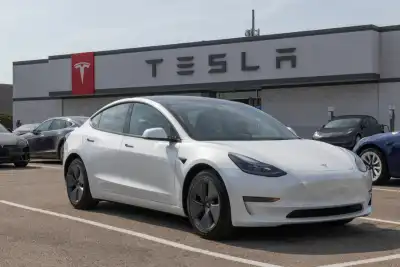
If you were hoping to see fully driverless cars on UK roads soon, you’ll have to wait a bit longer. The Government was originally aiming for a 2026 rollout, but full approval for self-driving tech now isn’t expected until late 2027.
This delay comes even after the Automated Vehicles (AV) Act became law in 2023. That legislation made a big move — it confirmed that when a car is in self-driving mode, the manufacturer, not the driver, is legally responsible if something goes wrong.
That was supposed to be a big step forward, but there’s still a chunk of secondary legislation needed before fully autonomous vehicles can legally operate here.
For now, self-driving features are limited to things like lane assist or traffic jam autopilot, but you still need to be alert and ready to take control at all times.
The Department for Transport says it’s “working quickly” to move things along and is even exploring short-term trials to get the self-driving scene off the ground.
Meanwhile, UK-based Wayve is already testing its AI driving tech on roads, and Uber says it’s ready to launch its robotaxi fleet (which is already active in parts of the US). Tesla is also showing off its Full Self-Driving (FSD) system across Europe, though there’s no confirmed UK launch date yet.
Globally, countries like the US, Canada, Mexico, and China are already letting some autonomous vehicles loose. But it’s not all smooth driving — General Motors has just pulled the plug on plans to expand its Cruise robotaxi project, saying the market is too crowded and too expensive to scale right now.
Instead, GM is shifting focus to developing advanced driver-assistance systems (ADAS) for its regular cars — tech that’s helpful, but not fully autonomous.
So while the self-driving future is coming, it’s rolling out slower than expected — at least in the UK.




